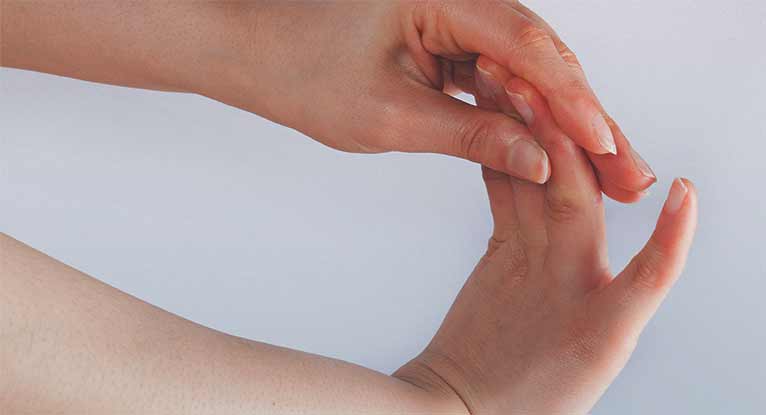9 Natural Treatments for Nerve Pain
Nonprescription Treatments for Nerve Pain
Below is a list of your choices:
Vitamins and supplements: A vitamin B12 deficiency can occasionally exacerbate or possibly induce nerve pain. If your doctor determines you require it, they may suggest vitamin B12 injections or supplements.
There's some preliminary evidence that a few of them -- like acetyl-L-carnitine, alpha-lipoic acid, and gamma-linolenic acid -- might help with nerve pain caused by diabetes. However, the evidence isn't clear; more research needs to be done. Always check with a doctor before you start taking a supplement regularly.
Acupuncture: This traditional Chinese approach has proven helpful for many kinds of pain. Researchers speculate that acupuncture might release chemicals that numb pain, or that it blocks the pain signals sent from the nerves. In studies of acupuncture on nerve pain specifically, results have been mixed. But given that it has few side effects, you could try it to see whether it works for you.
Physical therapy. Nerve damage can lead to muscle weakness and wasting. Working with a physical therapist can help reverse that -- and might help reduce pain in the process.
Massage: While the evidence that massage helps with chronic pain isn't clear, it has few risks. Some people find that it can be especially helpful with painful muscle spasms.
Biofeedback: This technique teaches you how to control bodily functions that are normally involuntary -- like heart rate and blood pressure. With practice, you can learn how to relax your muscles and reduce tension, which may help relieve pain.
Hypnosis: There's some evidence that hypnosis can help with various types of chronic pain.
Relaxation: Look into stress management techniques. Or try other approaches -- like yoga, meditation, or deep breathing -- that will help you relax. Not only will these approaches relieve some of the stress caused by life with chronic nerve pain, but they may help with the pain itself.
Talk therapy: This might seem an odd treatment for nerve pain. But life with chronic pain can make people depressed -- and depression can make the feeling of pain more intense. Chronic pain can also lead to conflict with people at home and at work. A therapist can help you grapple with some of these issues and figure out ways to resolve them -- and help you come up with ways to stick to your treatment plan. Ask your doctor for a referral to a psychologist or a social worker.
Lifestyle Changes for Nerve Pain
While making changes to your lifestyle is unlikely to eliminate your nerve pain, it might help -- especially when combined with other treatments. Here are some suggestions.
- Eat a good diet. There's no special eating plan for nerve pain. But a well-balanced diet -- with lots of fruits, vegetables, and whole grains -- help to ensure that you're getting the nutrients you need. Your doctor might also recommend reducing the amount of alcohol you drink -- or cutting it out entirely.
- Get regular exercise. Many studies have shown that people with chronic pain who exercise feel less pain, have more energy, and have improved mood than those who don’t.
- Don't smoke. In addition to all of its other bad effects, smoking can reduce the blood supply to the nerves and worsen nerve pain. If you smoke, you need to quit.
In some cases, sensible changes to your lifestyle have an additional benefit. They might also help treat the underlying cause of your nerve pain -- particularly with diseases like diabetes.
Nerve Pain: Getting Help
If you're in agony all the time, don't put up with it and try to get by. Get medical assistance instead, especially from a neurologist or pain management professional who specializes in treating nerve pain. You can develop a treatment strategy that will make you feel better together.












